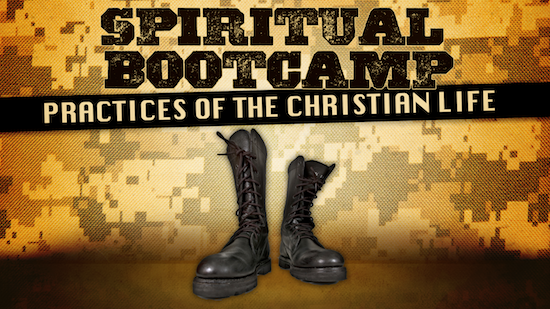Luke 19:28-40
28 After Jesus had said this, he went on ahead, going up to Jerusalem. 29 As he approached Bethphage and Bethany at the hill called the Mount of Olives, he sent two of his disciples, saying to them, 30 “Go to the village ahead of you, and as you enter it, you will find a colt tied there, which no one has ever ridden. Untie it and bring it here. 31 If anyone asks you, ‘Why are you untying it?’ say, ‘The Lord needs it.’”
32 Those who were sent ahead went and found it just as he had told them. 33 As they were untying the colt, its owners asked them, “Why are you untying the colt?”
34 They replied, “The Lord needs it.”
35 They brought it to Jesus, threw their cloaks on the colt and put Jesus on it. 36 As he went along, people spread their cloaks on the road.
37 When he came near the place where the road goes down the Mount of Olives, the whole crowd of disciples began joyfully to praise God in loud voices for all the miracles they had seen:
38 “Blessed is the king who comes in the name of the Lord!”[a]
“Peace in heaven and glory in the highest!”
39 Some of the Pharisees in the crowd said to Jesus, “Teacher, rebuke your disciples!”
40 “I tell you,” he replied, “if they keep quiet, the stones will cry out.”
Listening guide
Name an item you have that is worth very little: __________________
What do you feel about that item?
When is the last time you talked about that item?
What did you last say about that item?
Name an item that is worth a great deal to you (put down something tangible, not kids or family) __________________
What do you feel about that item?
When is the last time you talked about that item?
What did you last say about that item?
Worship takes all of you:
Throw coats down for Jesus (v36) =
“joyfully to praise God in loud voices” (v37) =
“for all the miracles they had seen” (v37) =
Worship gives __________ ____________ to someone or something.
Worship comes from old English words ________ _________.
Jesus lost all his __________ , his ________. (v37)
You’re his treasure, that will make him your treasure.
Take a palm branch home.
Study guide
Tell about a time when you naturally worshipped or praised someone/something. Also, tell about a time when worship felt forced or awkward.
Do you think Jesus knew what was going to happen as this event took place?
What is the meaning of:
The donkey (Zechariah 9:9)
The palm branches
“There was little difficulty obtaining palm branches: date palms were plentiful around Jerusalem, and still grow there. But there is nothing in the Old Testament that prescribes palm branches at Passover, whereas the people were commanded to take ‘palm fronds … and rejoice before the LORD your God’ at the Feast of Tabernacles. This is one of the factors that prompted T. W. Manson to argue that the triumphal entry actually took place six months earlier and was transferred to this setting.4 In fact, this expedient is unnecessary. From about two centuries earlier, palm branches had already become a national (not to say nationalist) symbol. When Simon the Maccabee drove the Syrian forces out of the Jerusalem citadel he was fêted with music and the waving of palm branches (cf. 1 Macc. 13:51, 141 BC), which had also been prominent at the rededication of the temple (2 Macc. 10:7, 164 BC). Apocalyptic visions of the end utilize palm branches (Testament of Naphtali 5). Palms appear on the coins struck by the insurgents during the Jewish wars against Rome (AD 66–70, 132–135); indeed, the use of the palm as a symbol for Judea was sufficiently well established that the coins struck by the Romans to celebrate their victory also sported it.5 In short, waving of palm branches was no longer restrictively associated with Tabernacles. In this instance, it may well have signaled nationalist hope that a messianic liberator was arriving on the scene (cf. 6:14–15). (D. A. Carson, The Gospel according to John, The Pillar New Testament Commentary (Leicester, England; Grand Rapids, MI: Inter-Varsity Press; W.B. Eerdmans, 1991), 431–432.)
Laying down cloaks (2 Kings 9:13)
What aspects of this story show Jesus’ ...
Power
Humility
(Verse 38) What does the shouting of Psalm 118 signify?
These people worship Jesus with their mind (“for the miracles they had seen”), their emotions (“joyfully praise God”), and their wills/actions (laying down their cloaks). Do you worship Jesus with your whole person?
Why did the Pharisee’s object to the disciples’ praise and worship?
What does the statement, “I tell you, he replied, if they keep quiet, the stones will cry out” tell you? (Genesis 4:10; Joshua 24:27: Psalm 96:11; 98:7-9; 114:1-8; Isaiah 55:12; Habakkuk 2:11)
Jesus gave up so much that he didn’t even have a mode of transportation to get into town (v31 “the Lord needs” the donkey). What does that say about your worth and value?

